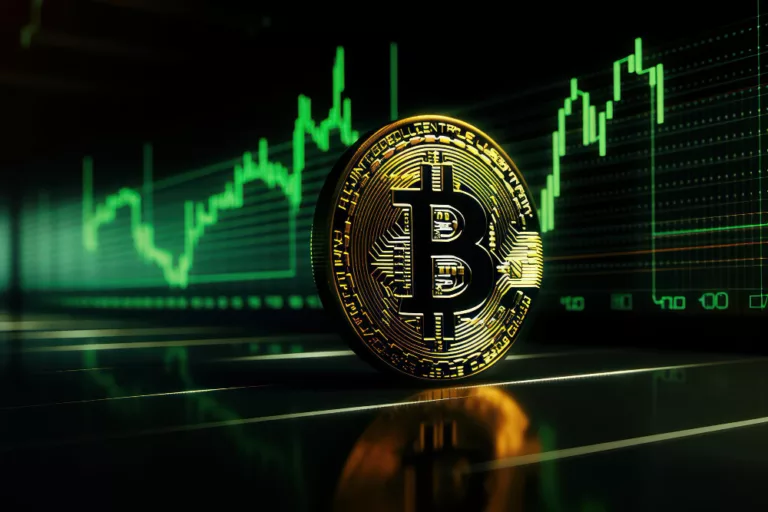Trading Opportunities Amid Israel-Gaza Conflict
The ongoing conflict between Israel and Gaza has reignited concerns about the potential ripple effects on global financial markets. History shows that geopolitical tensions in the Middle East often lead to significant market reactions. Here are some possible trade ideas to consider during the current unrest, derived from historical market behaviours during similar regional conflicts.
Oil and Gas Investments:
Historical precedents indicate that conflicts in the Middle East often cause disruptions in oil supply, leading to spikes in oil prices. Given the recent surge in oil prices due to the escalating Israel-Gaza tensions, traders might consider:
- Long positions in oil futures or exchange-traded funds (ETFs) like the United States Oil Fund (USO) anticipate further oil price rises.
- Investments in oil & gas companies, especially those with diversified operations outside the conflict zone, could also prove profitable as oil prices climb.
Gold as a Safe Haven:
Gold’s status as a traditional safe haven during geopolitical unrest might suggest a trading opportunity. As tensions escalate, investors often flock to gold, increasing its price.
- Buying gold or gold-backed ETFs like the SPDR Gold Trust (GLD) could be a viable strategy to hedge against market volatility.
Defense Sector Stocks:
Conflict often leads to increased military spending, boding well for defence sector stocks.
- Investing in defence contractors or ETFs like the iShares U.S. Aerospace & Defense ETF (ITA) could capitalize on this trend.
Currency Trades:
The U.S. dollar often strengthens during Middle Eastern conflicts as a safe-haven currency. Conversely, currencies from oil-dependent nations may weaken.
- Forex traders might consider long positions in the U.S. dollar against currencies of oil-dependent countries.
Bond Investments:
Government bonds, mainly U.S. Treasuries, tend to fare well during geopolitical tensions as investors seek stable returns.
- Allocating a portion of the portfolio to government bonds can provide a safety net against market volatility.
Agricultural Commodities:
Though not as directly impacted as oil, conflicts can disrupt food supply chains, affecting agricultural commodity prices.
- Traders might consider positions in agricultural commodity futures or ETFs like the Invesco D.B. Agriculture Fund (DBA).
Diversification and Risk Management:
Given the unpredictable nature of geopolitical events and their impact on global markets, diversification and robust risk management strategies are imperative.
- Diversifying across different asset classes and geographic regions and setting stop-loss orders can help mitigate risks and navigate market turbulence more effectively.
Conclusion:
The Israel-Gaza conflict presents a complex trading environment where historical analysis, real-time monitoring, and prudent risk management are crucial. By understanding the historical impacts of similar conflicts on various asset classes, traders can develop informed strategies to capitalize on potential market opportunities while managing inherent risks.



